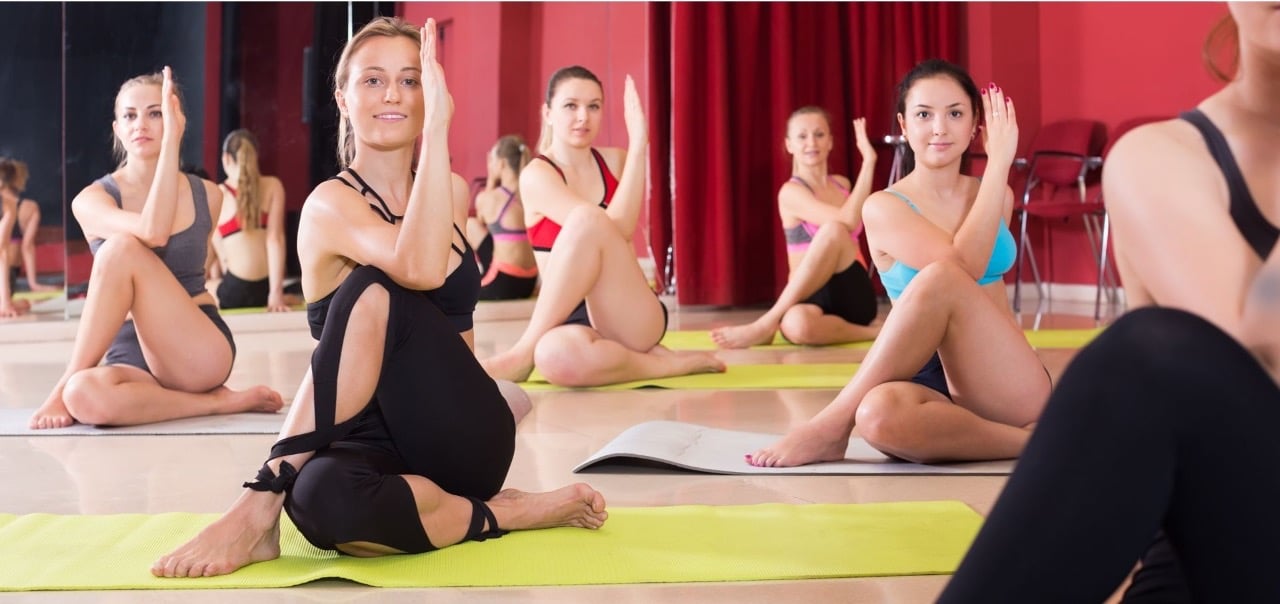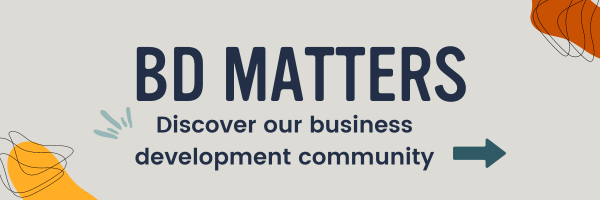
Flexible Women at Work
May 24, 2022
This week I attended Women at Work, an event at Ronnie Scott’s as part of Advertising Week Europe. It was a great line up of female leaders and I was unsurprised to find myself as one of the only men in the room. The panel included:
- Laura Belchier- Head of Retail and Hospitality, Amazon Ads
- Rania Robinson- Chief Executive Officer & Partner, Quiet Storm (also Director, Create Not Hate and Vice President, WACL)
- Radha Davies- Director, Brand Communications & Creative, Sainsburys
- Deborah Joseph- European Editorial Director, Glamour
The negative impacts of the pandemic
Naturally the conversation started around the impact of the pandemic on women, with challenges around looking after kids and home schooling, as well as caring for parents. I’m sure many of you will recognise the emotions around this time such as;
Feeling guilty your kids are getting the right education, the depression of feeling alone, the claustrophobia of not having your own headspace (other than standing in a queue at Sainsburys where kids were banned!), working uncomfortably close to your partner, mental health issues you were facing as well as the burden you carried for everybody else’s, and lastly empathy for everyone in the same boat as you.
There’s no doubt it was tough times but particularly for women, Deborah brought up the murder of Sarah Everard, a horrific story that sparked major protests on the safety of women. Suddenly all of Britain were having conversations about the fear of walking their dogs late at night or walking home from a train station; something men probably don’t consider as much.
Another memory shared was of a Government Ad that encouraged women to stay at home during the pandemic and depicted them as housewives, doing the ironing. There was very little representation of Women at Work.
But there was a silver lining
All agreed that flexible working has helped dramatically but there are still employers not embracing it and this can hold women back.
After a second child many women drop out of the industry, so how can we create more flexibility to enable those who want to stay in work? For example, Deborah talked about creative job shares, for example, 2 people splitting 5 days’ work.
Radha noticed a change in the sharing of responsibilities as couples reappraised their duties. As task juggling became more visible, men were asked to step up. “It’s admiral when men take time off to allow women to focus on their careers”. At the same time, men should be able to share parental leave and take career breaks without fears of stigma.
The pandemic allowed these conversations to happen. As well as dialogue around mental health becoming more acceptable.
What do Employers need to think about?
There are opportunities about how we look at and define leadership. Empathy is crucial and everyone can flex this muscle, even if it’s something Women over index in.
Flexible working needs to become the norm and productivity shouldn’t be an issue for employers after the way we survived the last few years. Companies should be providing the resources to enable it and be more open minded. And with talent shortages, there’s a real cost to getting this wrong. With the cost of living going through the roof, reducing commuting could really help people.
Everyone has their own ways of working and preferences, so we all need to be more comfortable, looking at things on case-by-case basis, and adapting to these differences. It’s about listening and going through consultation to find out what works for you team; Employee/ Employer relationships aren’t so ‘child/parent’ anymore.
Laura also referenced Amazon’s Rotational Assignments Programme which allows people to job swap. She says it’s a fantastic way to build knowledge and is a much better way to manage cover, as someone knowingly competent can step in, enabling someone else to take leave.
What do Employees need to think about?
Employees must learn to manage their time effectively as unnecessary online meetings seem to have become the norm and they can often find themselves working longer hours, making up for lost time in the evenings.
The boundaries are also becoming more blurred with people connecting on Whatsapp, Slack, Zoom etc. What are the rules? Teams for work, Whatsapp for bants!?
But we can’t forget the importance of human interaction. Laura referenced the mere-exposure effect, which is a psychological phenomenon that proves the more your exposed to someone, the more you like them. Life can’t be done through a screen! Younger people are missing out and we all need to think about needs of our colleagues not just ourselves. Many of us have adapted to set days in the office to provide moments of “community and connection”.
What next?
Join the BD Matters team and a group of likeminded women on the June 15th for Brunch and informal discussion around sales and marketing.
We’ll be bringing some great guests to chat through the challenges we can face in new business roles and how we can feel empowered in a male dominated industry.
We can’t wait to champion woman in biz dev and get passionate about our industry! We want to connect you with your peers so you can chat openly about your frustrations, learn some new techniques, and most importantly have a bloody good time.

